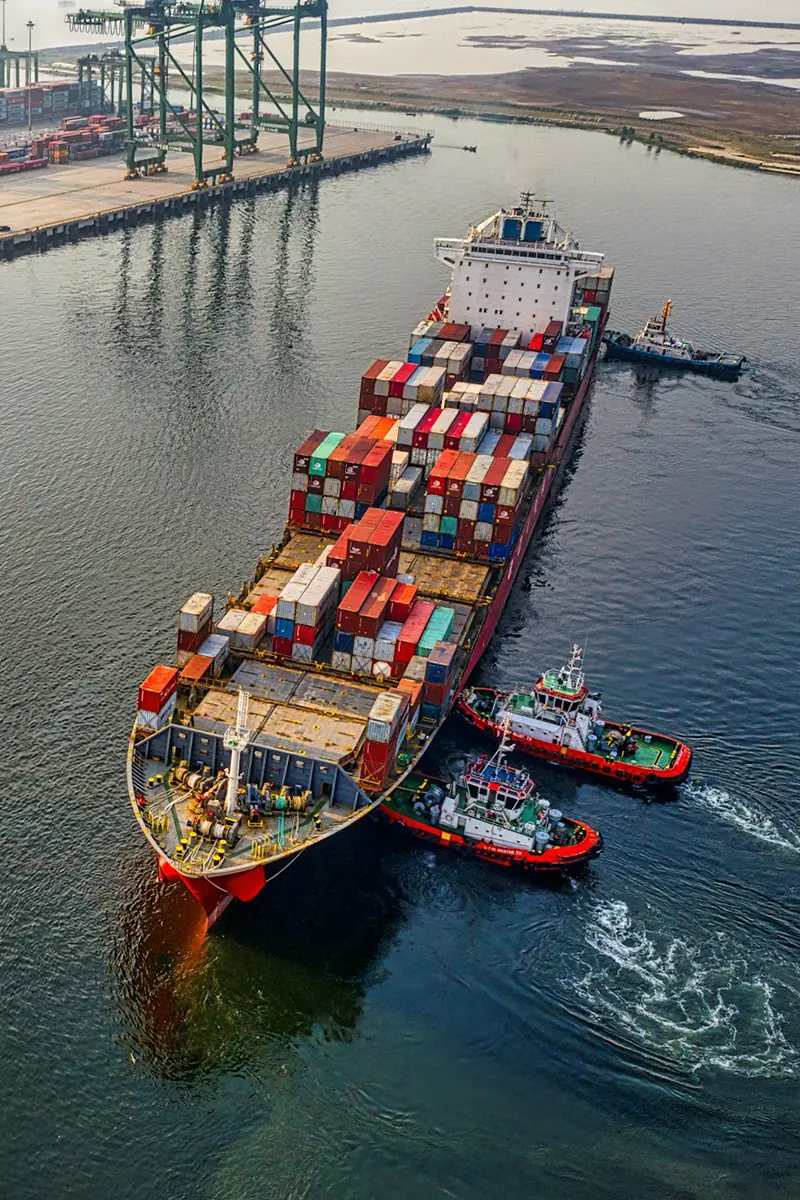The Bahamian government imposes import duties on goods brought into the country, and as a result, prices for everyday items can be significantly higher. In fact, import duties in Harbour Island Bahamas contribute heavily to the overall cost of living and vacationing, making everything from groceries to construction materials more expensive than in many other destinations.
- General Rate:
- Import duties in the Bahamas typically range from 20% to 45%, depending on the type of goods. The average rate is around 35%.
- VAT (Value Added Tax):
- In addition to customs duties, there is a 10% VAT (as of 2022–2025) applied to most imported goods.
- Customs Processing Fee:
- A Customs Processing Fee (CPF) is also charged, typically around 1% of the CIF (Cost + Insurance + Freight) value, with a minimum of $10 BSD and a maximum cap for larger imports.
- Specific Categories:
- Building materials (wood, cement, tiles, fixtures, etc.): often 25% duty, plus 10% VAT.
- Vehicles: highly taxed — duty rates depend on engine size but can be 45% to 65%.
- Furniture: around 35% duty.
- Boats and watercraft: can vary 10% to 45% depending on type and size.
- Electronics: usually 35%.
- Luxury items (like high-end clothing, watches, wine): generally 45%.
- Food products: lower duties, often 5% to 15% depending on type (fresh, canned, etc.).
- Construction equipment: typically 25% to 35%.
- Exemptions:
- Developers of large-scale projects can actively apply for duty exemptions under special investment programs, such as the Hotels Encouragement Act or the Family Island Development Encouragement Act. However, they must first complete a formal application process and obtain government approval. Import duties in Harbour Island Bahamas still apply by default, so securing these exemptions in advance is essential to reduce costs and ensure compliance.
How This Affects Harbour Island
- Everything arriving on Harbour Island (especially building materials, groceries, goods) is imported, usually via shipping through Nassau or directly from the U.S., often adding to the final retail cost.
- Residents and developers frequently apply for concessions to reduce import duties if they are building or renovating properties.
- Private individuals ordering personal goods should expect full duties + VAT + CPF unless part of an approved exemption.
Typical Import Flow for Harbour Island
- Goods land first in Nassau (New Providence Island).
- Cleared through Bahamas Customs.
- Re-shipped to Harbour Island (via fast ferry, mailboat, or private carrier).
- Local handling and delivery fees are added on top of duties.
The Bahamas Customs Department offers detailed resources to help travelers and residents calculate taxes and import duties in Harbour Island Bahamas. Additionally, by reviewing these guidelines in advance, individuals can better plan for costs associated with bringing goods to the island.
Accessing the Official Tariff Schedule
To find the most accurate and up-to-date information on import duties:
- Tariff Search Tool: Use the Bahamas Customs Tariff Search to look up specific items by name or tariff code.
- Frequently Imported Items Brochure: Download the latest Frequently Imported Items Brochure for a list of common goods and their associated duty rates.
Key Points on Import Duties in Harbour Island Bahamas
- Duty Rates: Vary depending on the item, ranging from 0% to over 45%.
- Value Added Tax (VAT): A standard 10% VAT is applied to most imported goods.
- Customs Processing Fee (CPF): Typically 1% of the item's value, with a minimum of $10.
- Environmental Levy: Applicable to certain items, such as vehicles and batteries, with fees varying based on the product.
Final Thoughts
When planning a trip or investing in property on Harbour Island, it’s essential to factor in the impact of import duties on overall costs. From groceries to luxury goods and construction materials, nearly everything must be imported, often resulting in higher prices. Understanding the structure of import duties in Harbour Island Bahamas including VAT, customs fees, and exemptions can help travelers, homeowners, and developers make more informed financial decisions. By consulting official resources and planning ahead, you can better manage expenses and enjoy the unique beauty and lifestyle that Harbour Island offers.
